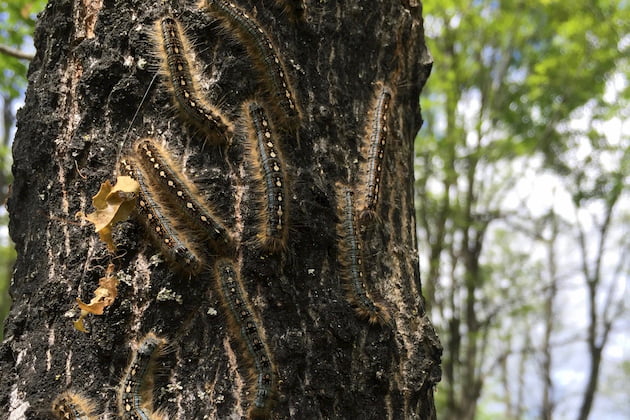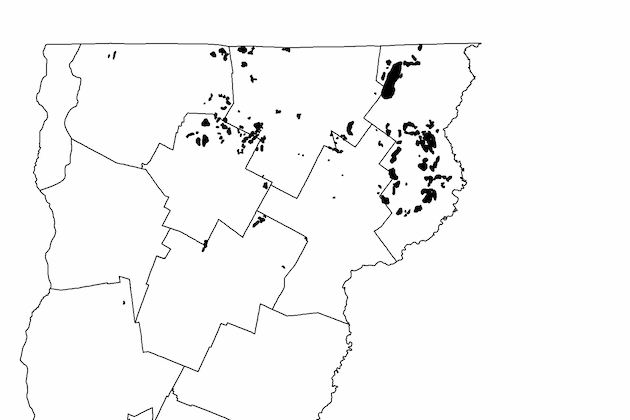Sugarbush Management
Caterpillars have retreated Vermont
Leaf eating pests nonexistent this summer, officials say
By PETER GREGG | JULY 28, 2020
MORRISVILLE, Vt.—Infestations of Forest Tent Caterpillar in Vermont have been “largely non-existent” this summer, state officials say.
"It's pretty quiet on the caterpillar front in Vermont,” said Mark Isselhardt of UVM Extension, who has been monitoring the pest on behalf of the maple industry for the past several years.
Issellhardt says the numbers have crashed due to natural controls like parasitic "friendly flies," viruses and birds.
The caterpillars are a naturally occurring and native pest that typically defoliate trees over the course of a three year cycle during an outbreak.
Caterpillar defoliation was also not observed in 2019 in the 36 sugar maple health monitoring plots scattered around the state, according to state’s forest department.
This is a big dropoff from 2018 and 2017 where tens of thousands of acres were chewed, the state said.
The outbreak of the leaf-eating caterpillars started in 2016 in Vermont and was very severe in some maple producing areas.
In 2018, Vermont had 71,315 acres defoliated by caterpillars, according to surveys by the state's agency of natural resources.
Each year, crowns of sugar maples within the state monitoring plots are assessed for both branch dieback and foliage transparency.
Other states that suffered outbreaks over the past several years include New Hampshire and New York.
































